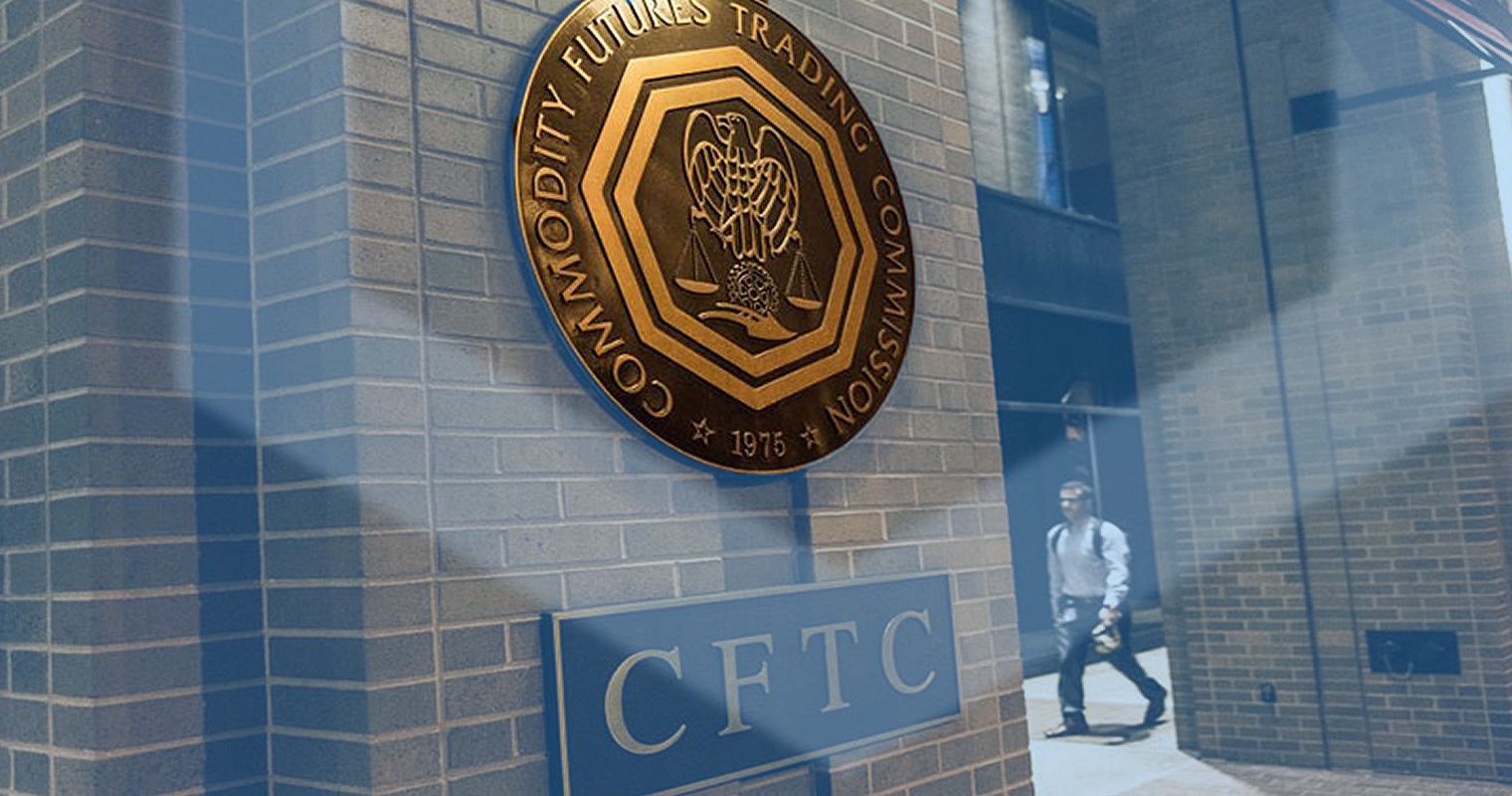Trump’s CFTC Pick Pledges Crypto Regulatory Clarity for Blockchain’s Future.
11.06.2025 14:00 1 min. read Alexander Stefanov
Brian Quintenz, President Trump's selection to chair the Commodity Futures Trading Commission (CFTC), sees blockchain as a transformative force far beyond just finance.
In remarks prepared for his Senate confirmation hearing, Quintenz stressed that this foundational technology holds the potential to impact “every aspect of society.”
Quintenz, most recently leading policy for a16z Crypto, brings extensive global experience in crypto regulation. He plans to use this insight to help Congress craft a comprehensive framework for U.S. crypto markets, specifically addressing spot market authority.
He explicitly warned that failing to curb bad actors and fraudsters would jeopardize America’s leadership in blockchain innovation. To prevent this, he advocates for clear definitions of token classifications and assigned oversight roles for crypto trading.
Beyond digital assets, Quintenz aims to uphold the CFTC’s role as a global leader in market oversight, emphasizing risk-based regulation and robust customer protection.
His confirmation hearing comes as the CFTC faces a leadership void, with several commissioners departing amidst pushes to expand the agency’s power over crypto through the “Clarity Act.”
-
1
Crypto Week Begins: U.S. Congress Advances Key Bills as Trump Pushes for Regulatory Clarity
15.07.2025 7:00 2 min. read -
2
Crypto Tax Policy in Spotlight as House Plans July 16 Hearing
10.07.2025 9:00 2 min. read -
3
Thailand Launches National Crypto Sandbox
17.07.2025 9:03 2 min. read -
4
House Clears Path for Landmark Crypto Bills: Vote Set for Thursday
17.07.2025 9:15 2 min. read -
5
Key Crypto Events to Watch in the Next Months
20.07.2025 22:00 2 min. read
South Korea Urges Asset Managers to Limit Exposure to Crypto Stock Like Coinbase,MicroStrategy
South Korea’s top financial watchdog has issued informal guidance urging local asset managers to scale back their investments in crypto-related stocks, according to a Korean Herald report.
SEC Reverses Bitwise ETF Approval Just Hours After Greenlight
In a surprising move on Tuesday, the U.S. Securities and Exchange Commission (SEC) initially approved Bitwise’s proposal to convert its cryptocurrency index fund into a full-fledged exchange-traded fund (ETF)—only to halt the decision just hours later.
Senate Republicans Unveil Crypto Market Bill to Expand CLARITY Act
Senators Tim Scott, Cynthia Lummis, Bill Hagerty, and Bernie Moreno (R-OH) have released a discussion draft of a new digital asset market structure bill—framed as the Senate counterpart to the CLARITY Act.
Banking Trade Groups Urge OCC to Halt Digital Trust Bank Approvals
Five major banking associations are urging the Office of the Comptroller of the Currency (OCC) to delay approval of new national trust bank charters for digital asset firms, including Ripple, Fidelity Digital Assets, National Digital TR CO, and First National Digital Currency Bank.
-
1
Crypto Week Begins: U.S. Congress Advances Key Bills as Trump Pushes for Regulatory Clarity
15.07.2025 7:00 2 min. read -
2
Crypto Tax Policy in Spotlight as House Plans July 16 Hearing
10.07.2025 9:00 2 min. read -
3
Thailand Launches National Crypto Sandbox
17.07.2025 9:03 2 min. read -
4
House Clears Path for Landmark Crypto Bills: Vote Set for Thursday
17.07.2025 9:15 2 min. read -
5
Key Crypto Events to Watch in the Next Months
20.07.2025 22:00 2 min. read


